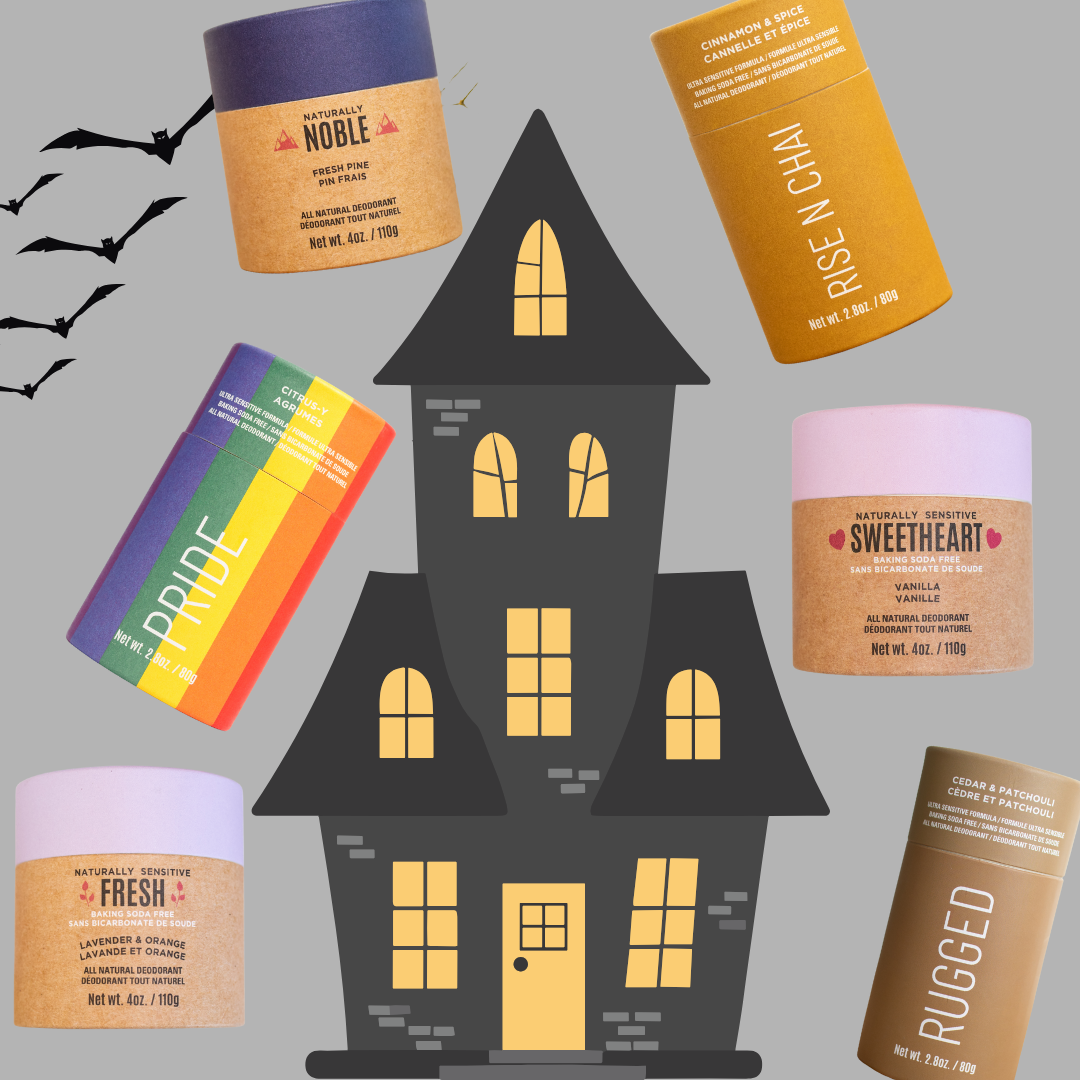The Christmas season is a time for celebration, giving, and spending time with loved ones. However, it’s also a period when environmental impact can increase due to factors like waste, energy consumption, and overconsumption. But don’t fret—there are plenty of ways to enjoy the holiday festivities while staying eco-friendly. Here are some tips to help you keep things green this holiday season!
1. Opt for Sustainable Christmas Decorations
Christmas decorations can be stunning, but they often come with an environmental cost. This year, choose eco-friendly options for your home.
- Natural Decorations: Try using items from nature such as pinecones, holly branches, or dried oranges. They add a rustic charm to your space and are biodegradable, so no waste!
- LED Lights: If you love twinkling lights, switch to energy-efficient LED bulbs, which use less energy and last much longer than traditional incandescent lights.
- Reusable or Compostable Ornaments: Instead of buying single-use plastic ornaments, invest in durable, reusable ones made from glass, wood, or metal. If you do use wrapping paper, consider wrapping gifts in newspaper, fabric, or even reusable gift bags that can be passed around for years.
2. Be Mindful of Wrapping Paper
The typical wrapping paper used during the holidays is often non-recyclable due to its mixed materials, glitter, and coatings. A great way to reduce your impact is by using alternatives:
- Fabric Gift Wrap: Furoshiki, a traditional Japanese wrapping cloth, can be used to wrap gifts in a beautiful, eco-friendly way. If you don’t have fabric on hand, scarves or old t-shirts work too!
- Recycled Paper or Newspaper: Look for wrapping paper made from recycled materials, or even use old newspapers, maps, or magazines. They’ll add a creative flair and reduce waste.
- Gift Bags: Reusable gift bags can be used year after year, saving you money and cutting down on paper waste.
3. Choose Eco-Friendly Gifts
The gifts you give can also make a difference. Instead of purchasing items with lots of packaging or those that have a limited lifespan, consider more sustainable options.
- Experience Gifts: Give the gift of an experience—such as a cooking class, concert tickets, or a spa day. Not only are these experiences memorable, but they also come without the packaging waste.
- Handmade Gifts: If you’re crafty, make your own gifts. Whether it’s homemade candles, knitted scarves, or hand-painted mugs, these personalized gifts are meaningful and can be made with eco-friendly materials.
- Sustainable Brands: If you’re buying a gift, choose from brands that prioritize sustainability. Look for items made from recycled materials, eco-friendly packaging, or products designed to last a lifetime (such as stainless steel water bottles or bamboo cutlery).
- Zero-Waste Kits: A growing trend, zero-waste kits are practical, eco-friendly gifts that promote sustainable living. You can find or create kits that include reusable bags, straws, and personal care products like bamboo toothbrushes.
4. Reduce Energy Consumption
The winter months can mean higher energy bills, especially when it comes to holiday lighting and heating. Here’s how you can keep your home cozy and festive without increasing your carbon footprint:
- Timer for Lights: Set your Christmas lights on a timer to avoid leaving them on all night. This helps conserve electricity without losing the holiday glow.
- Switch to Energy-Efficient Appliances: If you haven’t yet, consider using energy-efficient appliances and LED lighting for all your decorations. Additionally, make sure your home is well-insulated to keep the heat inside.
- Use Natural Light: Make the most of daylight! Open your curtains and let the natural light brighten your home during the day, reducing the need for extra lighting.
5. Cut Down on Food Waste
Food plays a central role in most holiday celebrations, but it also leads to significant waste. Here are a few ways to reduce food waste during the holidays:
- Plan and Portion Wisely: Avoid overbuying food by planning meals carefully and sticking to a shopping list. The last thing you want is extra food going to waste, especially when it's often more expensive to throw it away than to plan ahead.
- Use Leftovers Creatively: Don’t let those holiday leftovers go to waste. Repurpose them into new meals, like soups, casseroles, or sandwiches. You can also freeze extras to enjoy later.
- Compost: If you have food scraps that can’t be used, composting is a great way to keep them out of landfills. Many communities offer composting programs, or you can start your own compost bin at home.
6. Support Local and Ethical Brands
Shopping locally is one of the best ways to reduce your environmental impact. When you shop locally, products are transported shorter distances, which means less energy is spent on shipping.
- Shop at Local Markets: Farmers' markets, artisan fairs, and local craft shops often feature unique, handmade gifts, and local produce. Supporting these businesses helps reduce the environmental impact of long-distance shipping and packaging.
- Support Eco-Conscious Businesses: If you’re buying online or from larger retailers, look for companies that have made commitments to sustainability, such as using eco-friendly packaging, paying fair wages, or offsetting their carbon emissions.
7. Travel Wisely
Holiday travel can be a major source of carbon emissions, especially if you’re flying. Here are a few tips to minimize your environmental impact while traveling:
- Carpool or Share Rides: If you’re driving to visit family, carpool with friends or relatives to reduce the number of vehicles on the road.
- Offset Your Carbon Footprint: If you must fly, consider purchasing carbon offsets to help counterbalance the emissions produced by your travel.
- Use Public Transport: Trains, buses, and subways are often more eco-friendly options than flying or driving.
8. Recycle and Donate
Finally, after the holiday festivities, don’t forget to properly dispose of your waste and contribute to the community.
- Recycle Wrapping Paper and Cards: If your wrapping paper is recyclable, make sure to toss it in the recycling bin. The same goes for any greeting cards that don’t contain glitter or plastic.
- Donate Unwanted Gifts: If you receive gifts you don’t need or want, consider donating them to local charities, shelters, or thrift stores. It’s a great way to give back and keep unwanted items out of landfills.
Conclusion
The holidays don’t have to be an environmentally taxing time. By making conscious decisions about your decorations, gifts, food, and travel, you can enjoy a fun, festive, and eco-friendly Christmas. Small changes add up, and when we all do our part, the collective impact can be significant. This season, let’s give the planet the gift of sustainability and create memories that are both joyful and kind to the Earth.
Happy eco-friendly holidays! 🌍🎄




